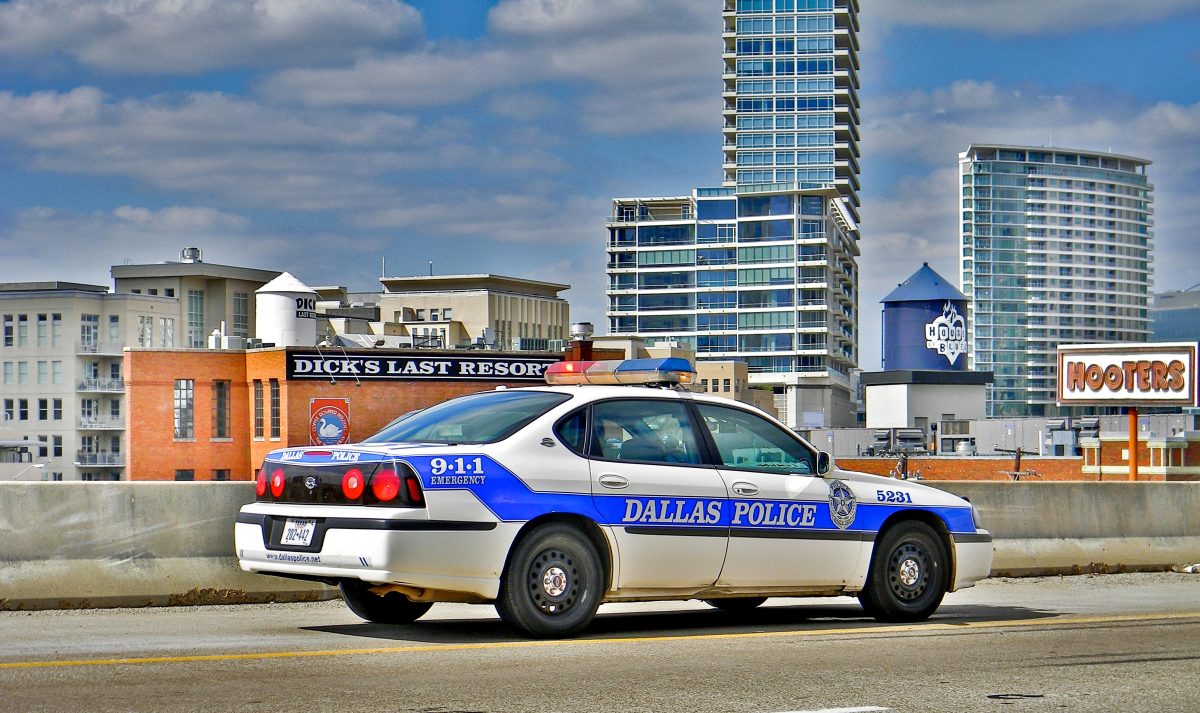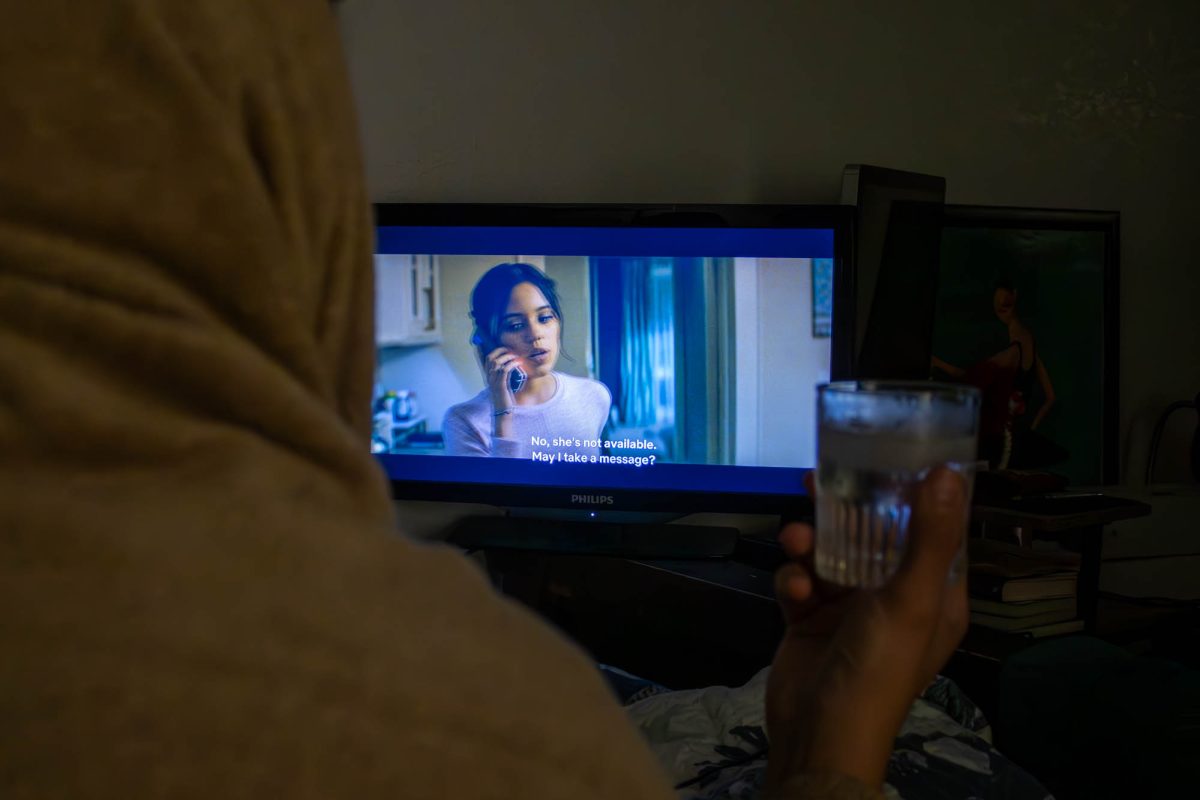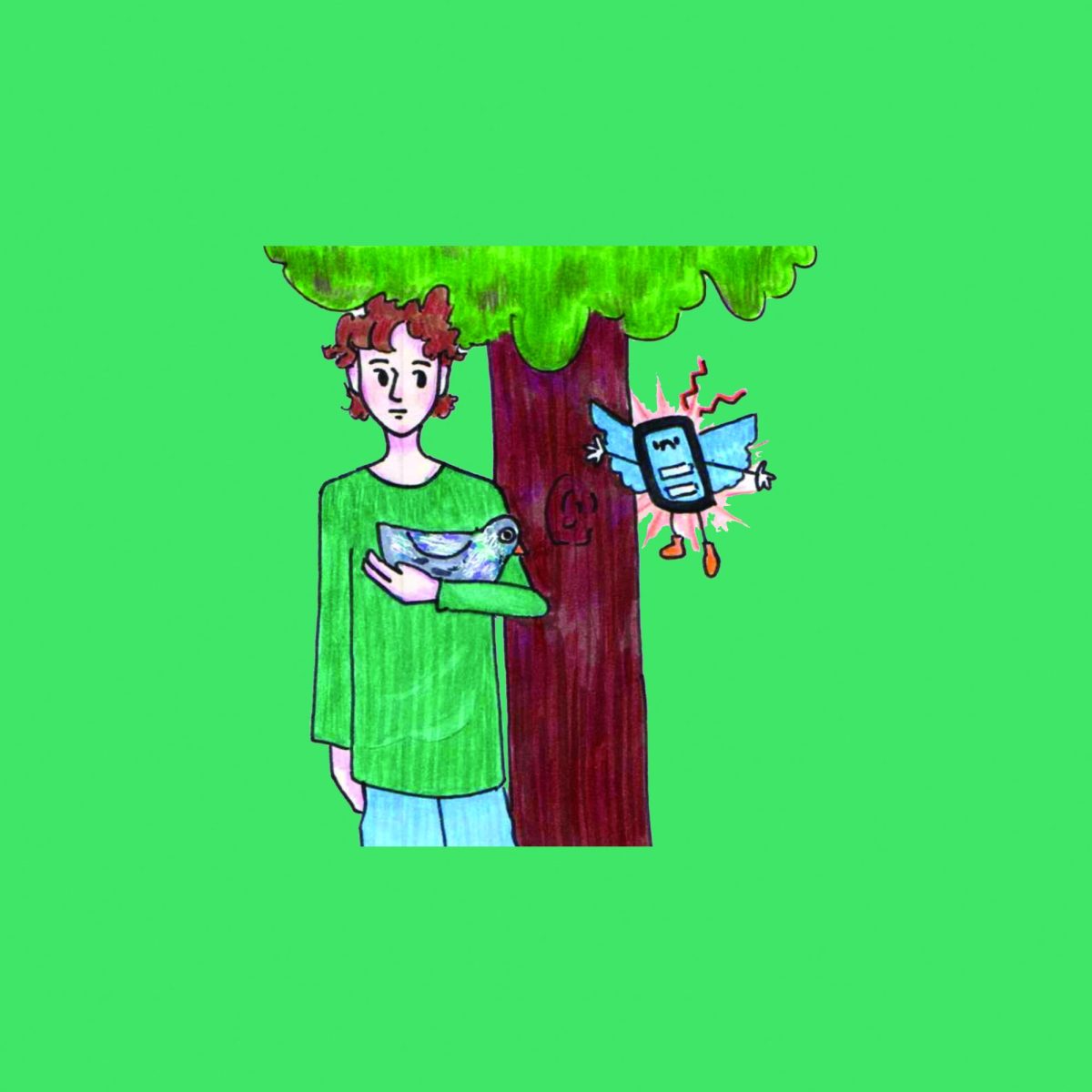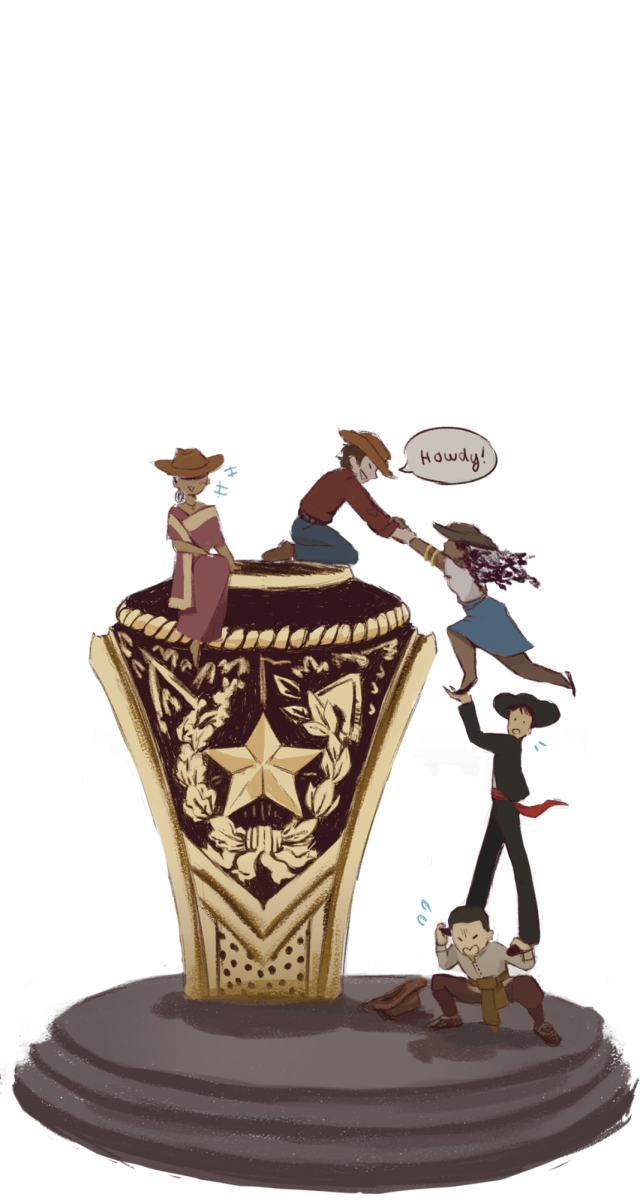The Dallas Police Department in the last few years has been held accountable for racial disparities in law enforcement and is currently striving to build a sense of trust in the community. As the Black Lives Matter movement gained popularity, activists advocated the fight against police brutality on minorities across the country.
There are still cases showing questionable decisions from law enforcement that reflect racial discrepancy in the justice system. Recently, the trial of Amber Guyger sparked a further discussion on police brutality. Guyger, a female cop working for Dallas Police Department, was recently convicted for murdering an innocent African American man named Botham Jean. Guyger claims she mistakenly walked into her neighbor’s apartment when she fearfully saw the silhouette of a stranger and proceeded to shoot him. On Oct. 1, Guyger was sentenced to 10 years in prison with potential probation in five years. While the notion of police brutality circulated in conversations, the notable act of forgiveness displayed by Botham’s brother initiated a new uproar.
Brandt Jean, Botham’s brother, committed an act of grace during Guyger’s trial. While giving his emotional testimony in court, he candidly expresses his love for her, despite her irreversible mistake. Some spectators overcome with fury and grievance for this tragedy bluntly wished harm upon Guyger. However, Brandt admits he “wants the best for [her]” and tells Guyger, “I don’t even want you to go to jail.”
Brandt continues his powerful testimony by asserting Botham would only harbor graciousness and forgiveness in his heart for Guyger. In honor of his deceased brother, Brandt requests Guyger to give her life to Christ. The paramount faith embodied in the Jean family influenced the declaration of forgiveness. Botham’s fundamental belief in Christianity identified him in his community. Michael Griffin, the minister at Botham’s funeral, said he was “the light in a dark room.” The graciousness encompassed in Brandt is a paradigm of extraordinary forgiveness. Forgiveness may relieve the guilty conscience, but equally important, it releases anger confined inside a victim’s heart.
The forgiveness displayed by Brandt, although compelling, troubled some members of the African American community. The gracious act quickly became a polarizing political controversy. Due to the historical tragedies the African American community has faced, many jeering protesters argued the punishment epitomizes injustice. Activist Dominique Alexander boldly stated, “What justice did today was slap us back in the face with levels of injustice.”
The protest stemming from widespread outrage resulted in arrests for some activists. Safiya Paul, for instance, was taken into custody on a misdemeanor charge of obstructing a roadway. Several followers of the case also ranted on social media about punishment and forgiveness. Shannon Sharpe questioned whether white people would reciprocate grace if a black person committed the crime. He asked on Twitter, “What are the chances Botham Jean would have received 10 years for murdering Amber Guyger after entering her apt illegally? What are the chances some of her family would hug him as his family hugged her?”
Writer and scholar Clint Smith espouses a different perspective as he tweets, “But his personal decision to extend forgiveness does not absolve this woman of what she’s done.” While there are differing opinions on Brandt’s actions, demonstrators and the Jean family both called for a transformation of the Dallas Police Department. These demands would include new leadership and better training.
The unusual event triggered the resurfacing of conversations about restorative justice. The notion of restorative justice acknowledges the legality of crime, but also places a prominent emphasis on reconciliation between the criminal and the victim. The purpose is not to dismiss absolution. Restorative justice seeks for the offender to accept responsibility and the victim to demonstrate forgiveness willingly. The concept is rooted in the importance of human relationships, in which people can restore peace in a family and individuals can heal a community. Therefore, a crime is not just about two individuals, but instead examining the effect on interpersonal relationships and the community, then actively re-establishing harmony.
Some people view Brandt’s case as an example of restorative justice. Guyger remorsefully took the stand apologizing for her calamitous mistake. Accordingly, Brandt expressed forgiveness after she acknowledged wrongdoing. Brandt’s forgiveness fostered polarizing conversations rooted in racial politics. Instead of formulating a political argument, the discussion should revolve around the power of graciousness. Likewise, rather than propagating division, the conversation should highlight the harmony that can foster after one takes responsibility and another chooses to forgive.
Can restorative justice heal divided communities?
November 4, 2019
Photo by Creative Commons
The Dallas Police Department has been at the center of recent community unrest and is in the process of rebuilding trust in the areas they patrol.
0
Donate to The Battalion
Your donation will support the student journalists of Texas A&M University - College Station. Your contribution will allow us to purchase equipment and cover our annual website hosting costs.









